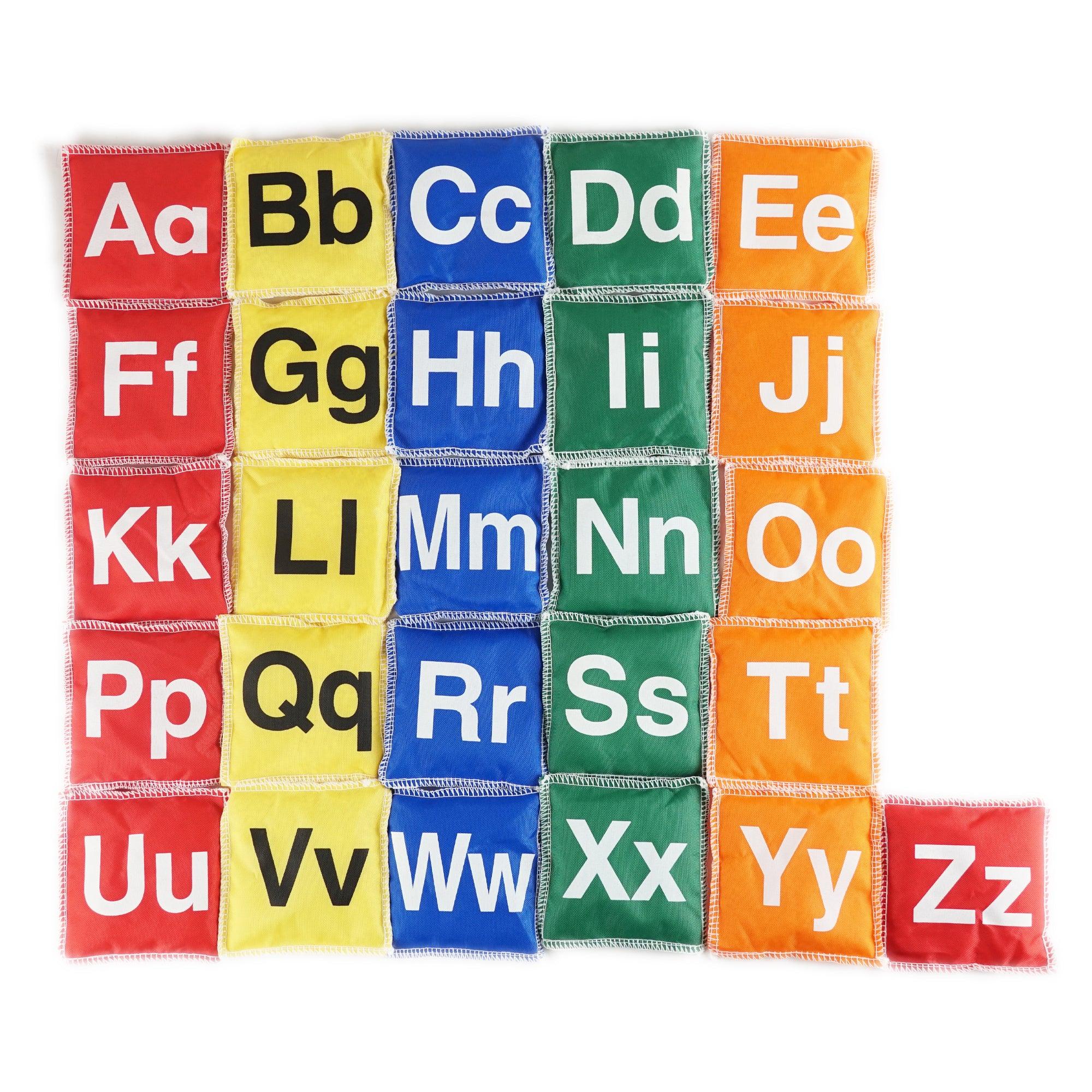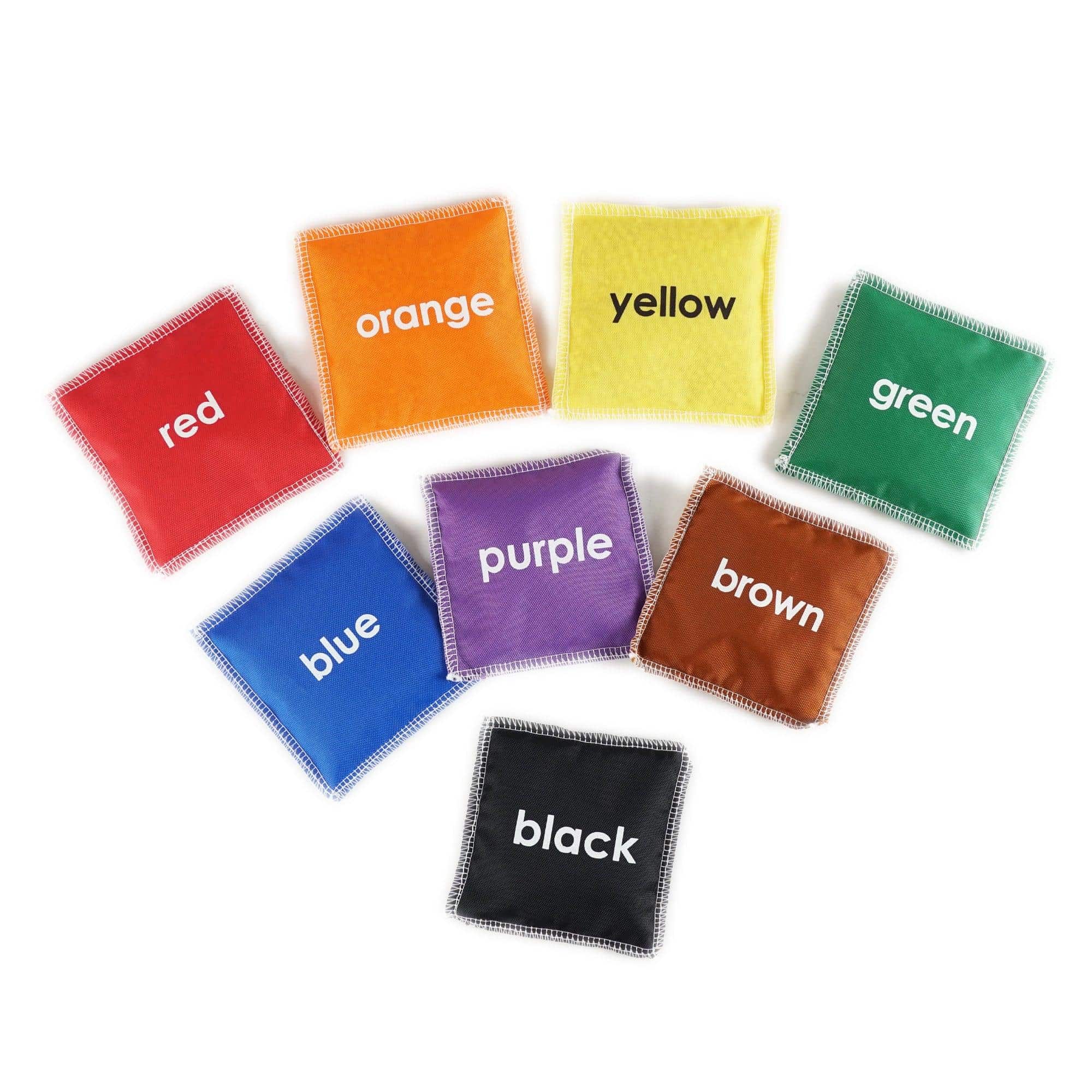The Benefits of Sensory Toys for Children with Special Needs
Children with special needs often require alternative forms of stimulation to help promote their cognitive, sensory, and motor skills development. Sensory toys have gained popularity as valuable tools in providing engaging and beneficial experiences for these children. In this article, we will explore the numerous benefits these toys offer, making them a must-have for any family or educational setting.
Key Features of Sensory Toys:
- Multiple Textures: Sensory toys usually incorporate a variety of textures, such as soft, smooth, rough, bumpy, and velvety, stimulating the child’s sense of touch. This diversity in textures helps in fostering tactile exploration skills and improving sensory integration.
- Bright Colors: Vibrant and contrasting colors are often used in sensory toys to attract and hold the child’s attention. These colors aid in stimulating visual perception and developing color recognition abilities.
- Interesting Shapes: Sensory toys come in various shapes, including squares, circles, triangles, and irregular shapes. These unique forms aim to promote spatial awareness, visual discrimination, and shape recognition.
- Visual Effects: Many sensory toys incorporate visual effects like lights, glitter, or moving parts. These elements capture the child’s interest, enhancing visual tracking and focusing abilities.
- Sounds and Music: Sensory toys may produce different sounds, melodies, or interactive noises, encouraging auditory exploration, sound recognition, and improving listening skills.
- Motion and Movement: Some sensory toys are designed for physical interaction, engaging the child in activities that develop hand-eye coordination, balance, and gross motor skills.
- Cognitive Challenges: Certain sensory toys feature puzzles, mazes, or manipulative components, requiring problem-solving, fine motor skills, and logical thinking to provide cognitive stimulation and early learning experiences.
The Benefits of Sensory Toys:
Sensory toys offer several advantages for children with special needs, providing them with an array of developmental, therapeutic, and educational benefits:
1. Promotes Sensory Integration:
Sensory toys engage multiple senses, helping children with special needs integrate sensory information more effectively. By stimulating various senses simultaneously, these toys assist in improving sensory processing skills, enhancing sensory integration, and reducing sensory overload.
2. Enhances Motor Skills Development:
Sensory toys encourage children with special needs to explore, touch, manipulate, and move, aiding in fine and gross motor skill development. By promoting hand-eye coordination, spatial awareness, and balance, these toys lay the foundation for improved motor planning and coordination.
3. Supports Cognitive Development:
The cognitive challenges provided by certain sensory toys assist in developing problem-solving abilities, critical thinking skills, and logical reasoning. These toys foster creative thinking and memory recall, laying the groundwork for improved cognition and overall cognitive development.
4. Facilitates Emotional Regulation:
Sensory toys can help children with special needs regulate and manage their emotions. By providing a source of comfort, sensory toys create a safe and calming environment. They can serve as tools for self-soothing, reducing anxiety, and promoting emotional well-being.
5. Enhances Communication and Social Skills:
Many sensory toys promote interaction and social engagement, encouraging children with special needs to communicate, share, and play together. These toys provide opportunities for turn-taking, sharing, and cooperative play, fostering the development of communication and socialization skills.
6. Builds Self-confidence:
Sensory toys allow children with special needs to explore and engage in activities tailored to their abilities and preferences. By providing a sense of accomplishment, these toys build self-confidence and self-esteem, further encouraging exploration and learning.
Conclusion:
Sensory toys offer a wide range of benefits for children with special needs, facilitating their overall development and providing valuable therapeutic experiences. By incorporating various textures, colors, shapes, sounds, and cognitive challenges, these toys promote sensory integration, motor skills development, cognitive growth, emotional regulation, communication, and socialization skills. Whether used at home or in educational settings, sensory toys are essential tools that contribute to the well-being and progress of children with special needs.





